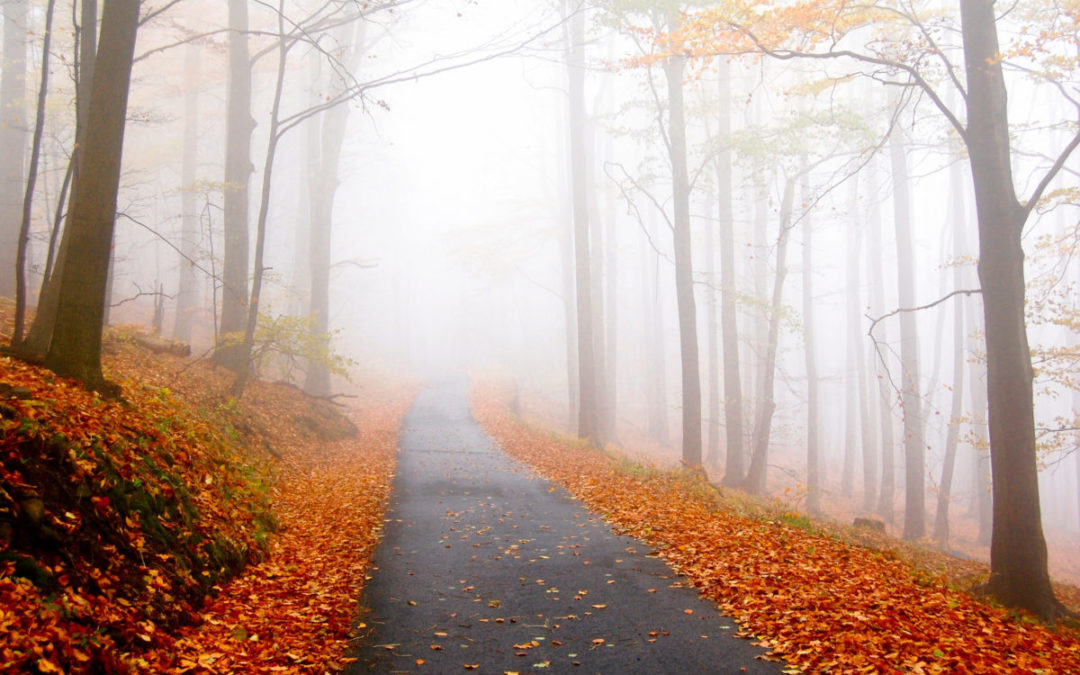by Alice Goff, MS, LPC
Changing seasons often bring changing moods. Karen Carpenter wrote, “Rainy days and Mondays always get me down.” How is it that the weather and the calendar have such a profound effect on our mood? “Winter blues,” also known as Seasonal Affective Disorder (SAD), affects an estimated 10 million Americans. SAD is a recurring major depressive disorder in which symptoms occur only during a specific time of year, with full remission occurring at the arrival of a new season. Typically, more people are affected during the fall and winter seasons when the weather is cold and dreary. Thankfully, these “blues” are resolved in the spring with warmer temperatures, and additional opportunities to be outdoors and active.
Symptoms of SAD may include hopelessness, sadness, suicidal thoughts, changes in sleep patterns, appetite, and weight changes. Other symptoms include decreased energy, irritability, difficulty concentrating, and loss of interest in pleasurable activities. Several factors may contribute to changes in mood or behavior related to seasons. Limitations in physical activity due to inclement weather, the lack of vitamin D (exposure to sunlight), and changes in levels of melatonin that regulate sleep cycles can contribute to depressive symptoms. Other factors include social situations only present during certain seasons, i.e. family gatherings, holiday events, and can be further intensified by the absence of a loved one.
If you are experiencing seasonal periods of sadness, some practices can help diminish the symptoms:
- Go for a walk
- Dance to your favorite tunes
- Make healthy food choices
- Limit your screen time
- Interact face to face with people you love
- Spend some time outdoors
Help is available through our office for SAD, as well as other mental health challenges. Call for an appointment today! 601-268-8796
“Though the winter is long, even richer the harvest it brings. Though my waiting prolongs, even greater Your promise for me like a seed. I believe that my season will come.” (Hillsong Worship, Seasons)


Recent Comments